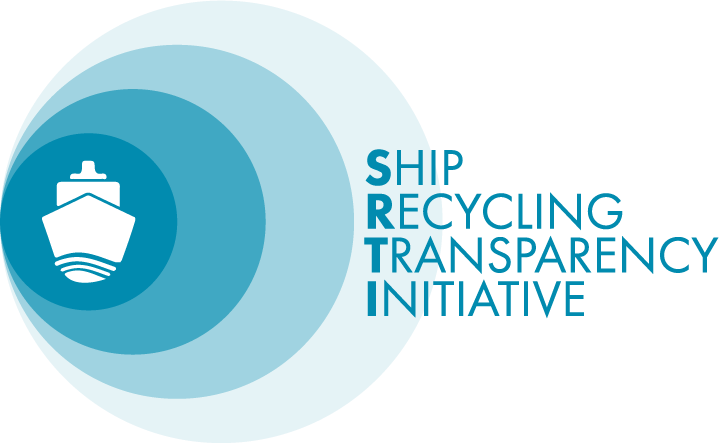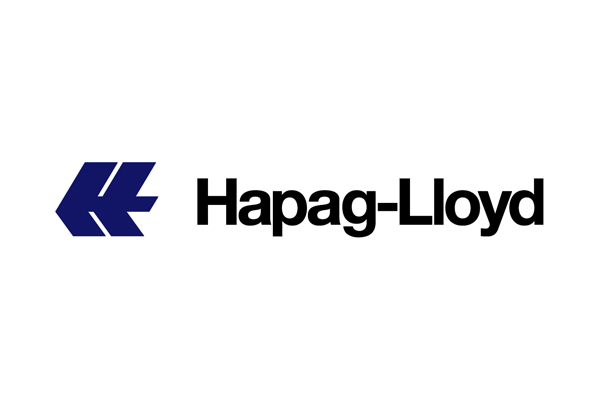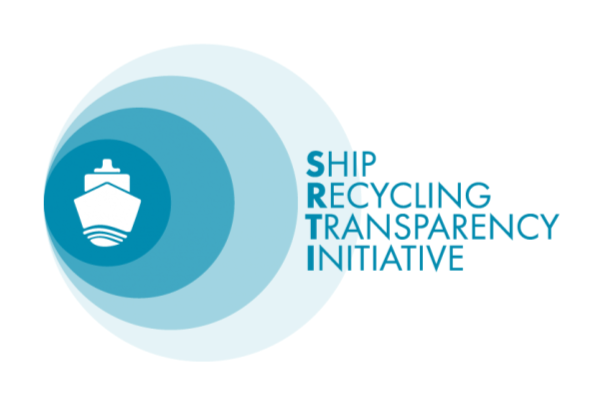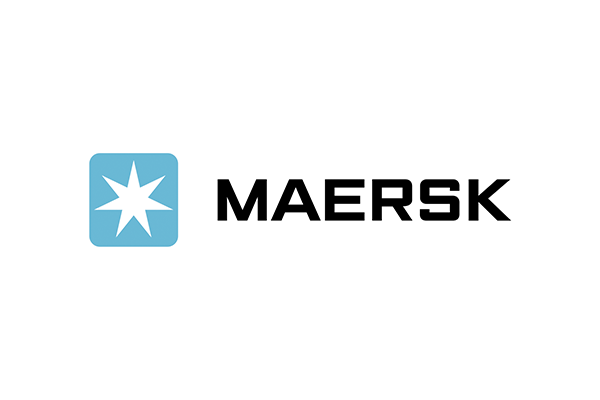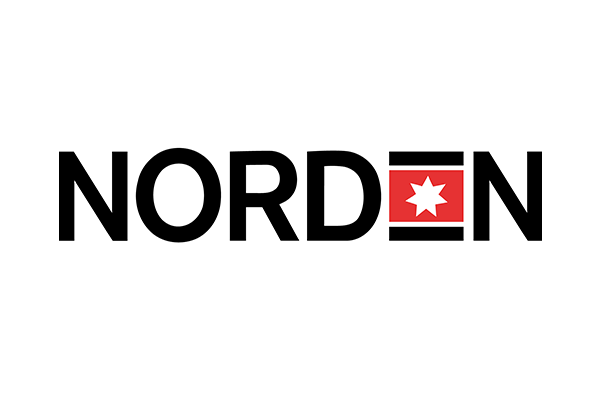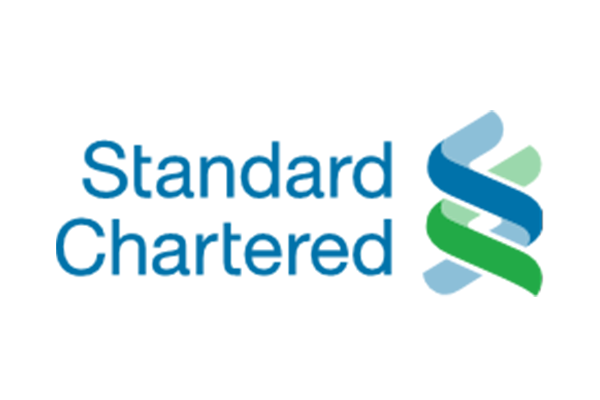Hapag-Lloyd - Why Transparency is so important when it comes to Ship Recycling
SRTI founding signatory Hapag-Lloyd reflects on the state of the ship recycling industry and the role that transparency can play in leveling the playing field.
The SRTI intends to make sure that the issue of ship recycling receives more public attention. The aim is to create a level playing field across the industry so that all shipping companies will one day choose to recycle their ships in an environmentally sound manner.
Global Maritime Forum - How to make the future of ship recycling more responsible
Click here to see the original article published on the GMF website.
At the Global Maritime Forum’s Annual Summit last October, the Sustainable Shipping Initiative sat down with industry leaders to discuss the challenges and opportunities in shipping. Together we painted a picture of the future of responsible ship recycling, asking the question: “How can stakeholders across the maritime industry work together to make responsible ship recycling more sustainable?”
Our answer: Be transparent! Sign up to the Ship Recycling Transparency Initiative.

“Standard Chartered welcomes the SRTI initiative to help create a level playing field in the ship recycling value chain through promoting transparency. Having demonstrated the positive role that financial institutions can have in this space, we remain committed to driving long term, sustainable improvements in ship recycling practices, while supporting economic growth and prosperity in the markets we operate in.”
Amit Puri, Global Head of Environmental and Social Risk Management
Standard Chartered Bank
The challenge: No level playing field for responsible ship recycling
2019 marks the 10thanniversary of the adoption of the Hong Kong International Convention for the safe and environmentally sound recycling of ships (Hong Kong Convention). Yet it still is not in force as we await its ratification.
Furthermore, we’ve seen little traction in the way of expanding global regulation beyond the Basel Convention on the Control of Transboundary Movements of Hazardous Wastes and Their Disposal (Basel Convention), IMO guidelines for the development of the ship recycling planand the International Labour Organization’s Safety and health in shipbreaking: Guidelines for Asian countries and Turkey.
At the regional level however, there is some progress with European regulation recently coming into force: From 31 December 2018, the EU Ship Recycling Regulation requires all EU flagged vessels to use an approved ship recycling facility included in the European List of ship recycling facilities.
But this isn’t enough: the playing field remains uneven. Different and undefined approaches to ship recycling among shipowners, ship recyclers and other stakeholders in the ship recycling value chain means that good practice does not always get rewarded and bad practice can often go unchecked.
The result? Ship recycling practices carrying high social, environmental, health and safety risks with potentially devastating impacts on marine life and the broader environment.
“Most ship recycling still happens under unacceptable standards. In the absence of effective regulation the market must act to raise the standards and to enable a level playing field. With the launch today, we encourage all fellow ship owners to sign up to the SRTI and cargo owners and investors to start using it.”
Søren Toft, Chief Operating Officer
A.P. Moeller-Maersk
The opportunity: Responsible ship recycling and informed decisions through voluntary disclosure
We see an opportunity for changing the industry narrative and creating a new norm. Through the simple act of companies being transparent about their approach to ship recycling, we can support and promote improved policy, practice and performance as well as help investors, cargo owners and other stakeholders to be accountable for their supply chain.
Responsible ship recycling is an important part of being a responsible industry. As many of us agreed at the Global Maritime Forum’s Annual Summit in Hong Kong, ship recycling is a complex issue. But there is something that can be done. The onus remains on shipowners to take responsibility for their ships and be proactive in changing the existing narrative on ship recycling. Being transparent about their ship recycling policies and practices will create fair competition, improve performance and enable the shipping industry to be held to account. Transparency around current practices to raise the profile of ship recycling presents an opportunity in the face of reputational and environmental risks, in addition to increased pressure from investors. Being transparent will build trust and help investors, cargo owners and other stakeholders to be accountable for their supply chain. Raising the profile of ship recycling will move goal posts, influence practice and shape the development of a new industry narrative.
“Over the years there have been many inaccuracies reported on this issue and it has been difficult for customers, investors and other stakeholders to understand the real differentiation achieved by the best recycling yards in frequently maligned regions. So, taking the opportunity to join with the wider shipping industry to improve transparency in recycling methods was a no-brainer.”
Mark Martecchini, President
Stolt Tankers
The solution: The Ship Recycling Transparency Initiative
Our vision is of a world where ships are recycled responsibly – socially, environmentally and economically – going beyond international conventions and setting a new norm for responsible ship recycling.
The SRTI aims to accelerate a voluntary market-driven approach to responsible ship recycling practices through transparency; and subsequently to influence and improve the decision making about ship recycling, creating an industry-wide level playing field.
To achieve this the SRTI has developed an online platform which serves as a one stop shop to share information on ship recycling, based on a set of pre-defined disclosure criteria developed jointly by key industry stakeholders.The platform allows shipowners’ data to tell its own story and helps cargo owners as well as financial stakeholders such as investors, lenders and insurers make informed decisions. It is nota performance standard nor a rating exercise; neither will it rank nor assess individual ship-owners’ policies and practices.Since going live on 10 December, the SRTI online platform has seen a number of sustainability leaders of the maritime sector sharing information on their approaches to ship recycling with the world. Shipowners including the China Navigation Company, Hapag-Lloyd, A.P. Moeller-Maersk, NORDEN, Stolt Tankers and Wallenius Wilhelmsen have emerged as pioneers that are not afraid to be transparent, voluntarily disclosing the ship recycling policies and standards underpinning their approach.
An independent initiative hosted by the Sustainable Shipping Initiative, the SRTI reflects a collective effort that brings together the shipping industry, investors, cargo owners and broader stakeholders to improve ship recycling policy, practice and performance. It has garnered the support of a number of leaders from across the shipping value chain including those disclosing shipowners mentioned above in addition to Lloyd’s Register, Nykredit, Standard Chartered Bank. Investors including pension funds MP Pension and PBU as well as cargo owners such as truck and bus manufacturer Scania have also signed up to the Initiative.
“Sub-standard ship recycling practices are often associated with unsustainable working conditions and even hazardous child labour. As a global investor in a broad spectrum of companies that rely on sustainable shipping of goods and produce, the SRTI is a necessary addition to improving both social and environmental governance and performance.”
Sune Schackenfeldt, CEO
The Pension Fund of Early Childhood and Youth Educators (PBU)
Maersk - Maersk joins the Ship Recycling Transparency Initiative
Founding signatory Maersk writes about its support for voluntary disclosure and transparency to encourage informed decision-making in ship recycling.
“The SRTI is about responsible leadership driving transformative change of the wider ship recycling industry. Greater transparency of ship recycling policies and practices will enable cargo owners and investors to take more informed and better decisions,” says Søren Toft, Chief Operating Officer of Maersk.
Gard – Insights - The Ship Recycling Transparency Initiative – a new market-based tool to promote sustainable practices
P&I club Gard has previously discussed key concerns in ship recycling and ship recycling regulation on their website.
Here, they interview Sustainable Shipping Initiative Executive Director Andrew Stephens to learn more about how industry is working to improve the industry in the absence of global regulation.
SRTI online platform go-live
London, 10 December 2018 – Industry leaders and non-profit the Sustainable Shipping Initiative today announced the launch of the Ship Recycling Transparency Initiative’s (SRTI) online platform, a tool for sharing information on ship recycling to drive responsible practice.
The platform comes nine months after a group of shipping companies first announced their collective effort to use the market-drivers that transparency brings to make responsible ship recycling the norm. Demanding transparency holds the shipping industry to account, raising the bar for current practice as well as creating fair competition among shipowners.
In 2017, 835 ships were recycled out of a world fleet of 50,000. Despite the known risks associated with ship recycling there is no global regulation currently in force, resulting in a wide range of approaches – ranging from practices with adverse social and environmental consequences to responsible ship recycling practices, which this initiative is shining the light on.
With transparency on shipping companies’ ship recycling policies and practices, it becomes possible for the industry’s stakeholders – including shippers, lenders, investors and insurers – to make informed decisions. The importance of such decisions is increasing with the growing expectation for companies to take responsibility for their value chain sustainability. Responsible ship recycling is good for brand value, protecting reputation and good for business, and is key to being recognised as a responsible and sustainable shipping industry.
The SRTI is neither a standard nor a rating tool, it is an online platform that shipping companies can use to disclose relevant information on ship recycling. The information provided is allowed to tell its own story and is readily available to the industry’s stakeholders, as well as the broader public. The platform creates an onus for stakeholders to use the SRTI for both more informed decision-making, as well as to push for greater transparency.
The SRTI is hosted by the Sustainable Shipping Initiative and brings together leading shipowners, investors, banks, insurers, cargo owners and other key stakeholders from across the maritime industry. Its founding signatories include shipowners The China Navigation Company, Hapag-Lloyd AG, A.P. Moeller-Maersk, NORDEN, Stolt Tankers and Wallenius Wilhelmsen; financial stakeholders GES, Nykredit and Standard Chartered Bank; classification society Lloyd’s Register; and sustainability non-profit Forum for the Future.
“We are really proud to be launching the SRTI site this week. At the SSI we see responsible ship recycling as a critical issue that needs to be addressed through smart interventions like increasing transparency,” said SSI Co-Chair Stephanie Draper. “The SRTI is an opportunity for shipowners, cargo owners, investors and others to collectively demand transparency and through that better standards. We think that the industry can lead by working across the supply chain to change itself and it is great to be shaping this positive example of that.”
Andrew Stephens, Executive Director of the SSI, said: “The SRTI is unique in that it tells a positive story, shining a light on what is actually possible in terms of responsible ship recycling. We’ve seen what transparency has done in other sectors, in some cases prompting immediate and transformative change.”
“Knowledge is power, and with knowledge comes responsibility. We believe that through the simple act of companies being transparent about their approach to ship recycling, we can support improved policy, practice and performance – from the cradle to the grave,” said Andrew Stephens. “With the information disclosed through the SRTI online platform investors and cargo owners can reduce reputational and brand risk, and be accountable for their supply chain.”
The SRTI online platform will be launched at 0900 GMT on 10 December 2018 at www.shiprecyclingtransparency.org.
-ENDS-
About the Sustainable Shipping Initiative
The Sustainable Shipping Initiative (SSI) is a multi-stakeholder initiative that brings together like-minded and leading organisations with shared goals and equal determination in improving the sustainability of the shipping industry in terms of social, environmental and economic impacts.
Comprising ambitious leaders spanning the entire shipping value chain, SSI members range from charterers, ship owners and ship yards to ports & port operators, banks, ship finance & insurance providers, classification societies and technology companies.
The SSI is leading the way in doing what is right and required to meet the goals outlined in its vision for 2040 by way of the SSI Roadmap – in the absence of or going beyond compliance with regulation. We seek to change the narrative of the shipping industry by influencing others to act and ultimately support a level playing field where high performing and sustainability-focussed actors are rewarded by a diverse set of increasingly engaged stakeholders.
Find out more at www.ssi2040.org and follow us on LinkedIn and Twitter (@SustShipping).
Norden News - Defining the new normal: Transparent ship recycling
Founding signatory NORDEN has not recycled a vessel since 1928. However, they are committed to taking a proactive and transparent approach, encouraging others to do the same and leveling the playing field for the industry.
“While we do not have recent experience with recycling, and therefore do not have every detail of the process planned, we believe in taking a stand – and taking re-sponsibility – should the situation arise in the future,” says CEO Jan Rindbo.
Read more about NORDEN’s commitment to transparency in ship recycling below (p.5)
